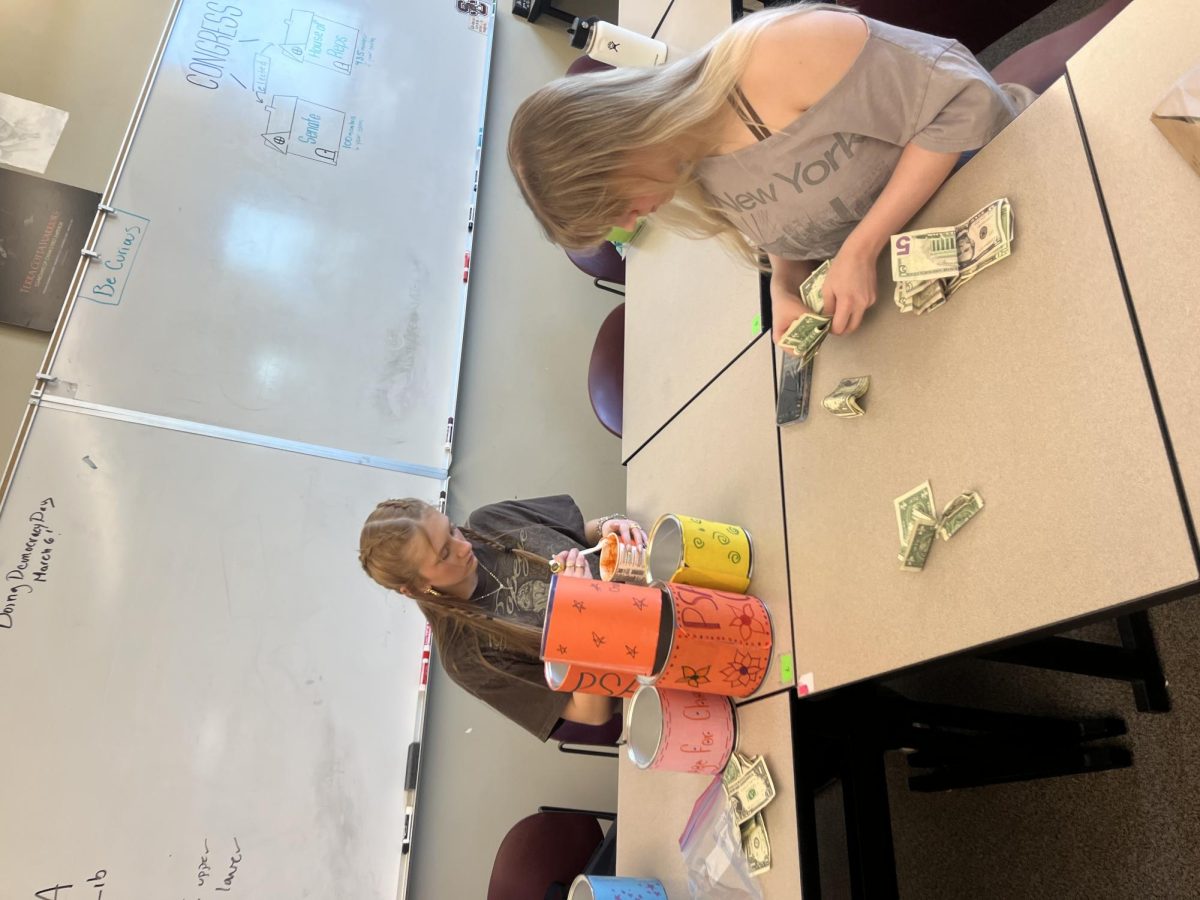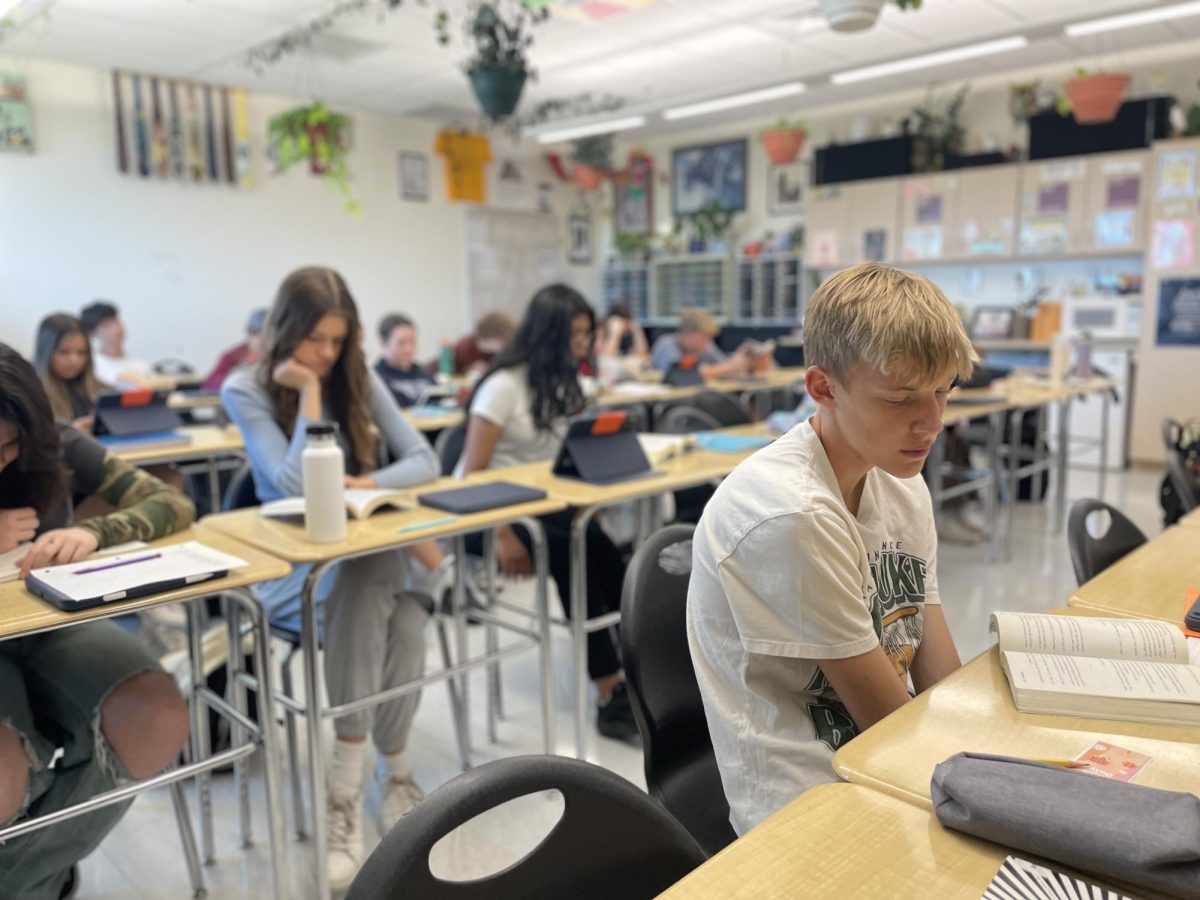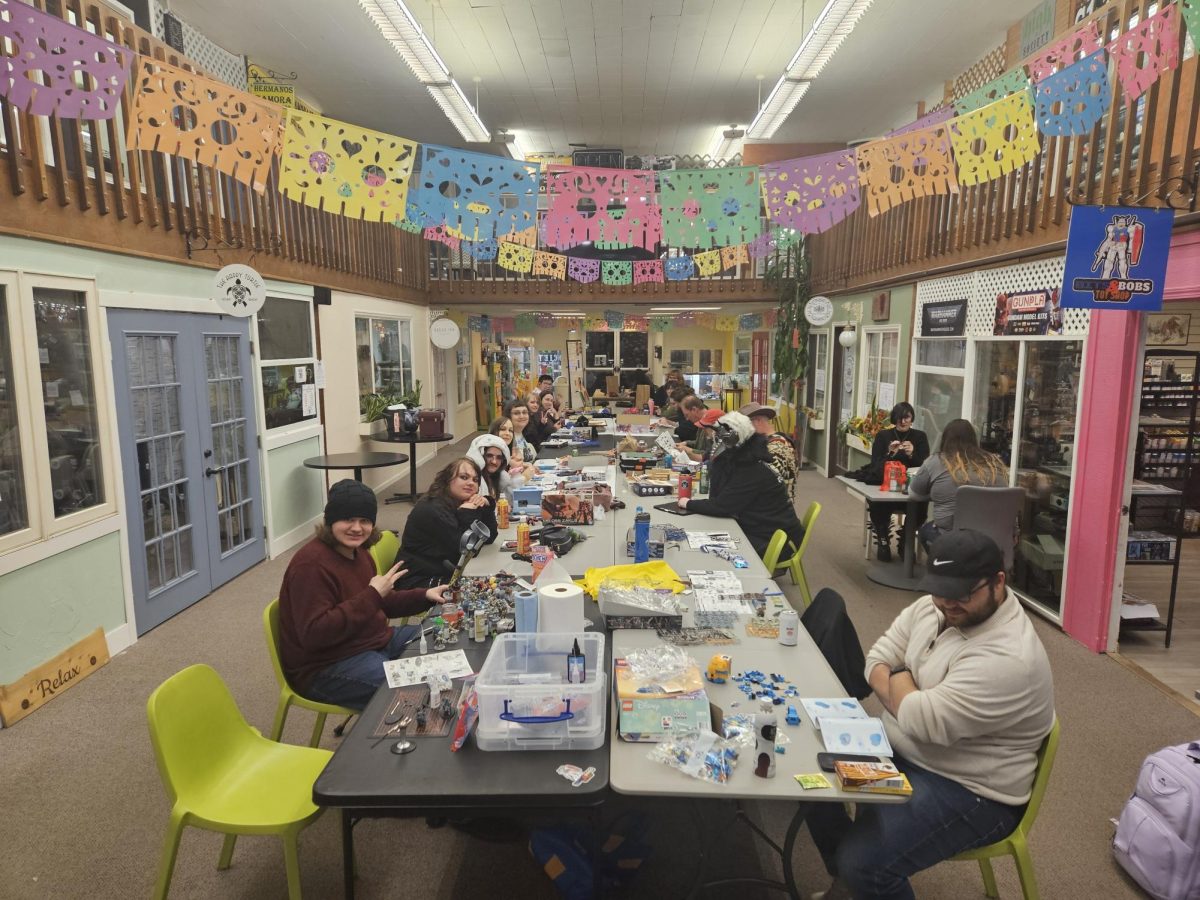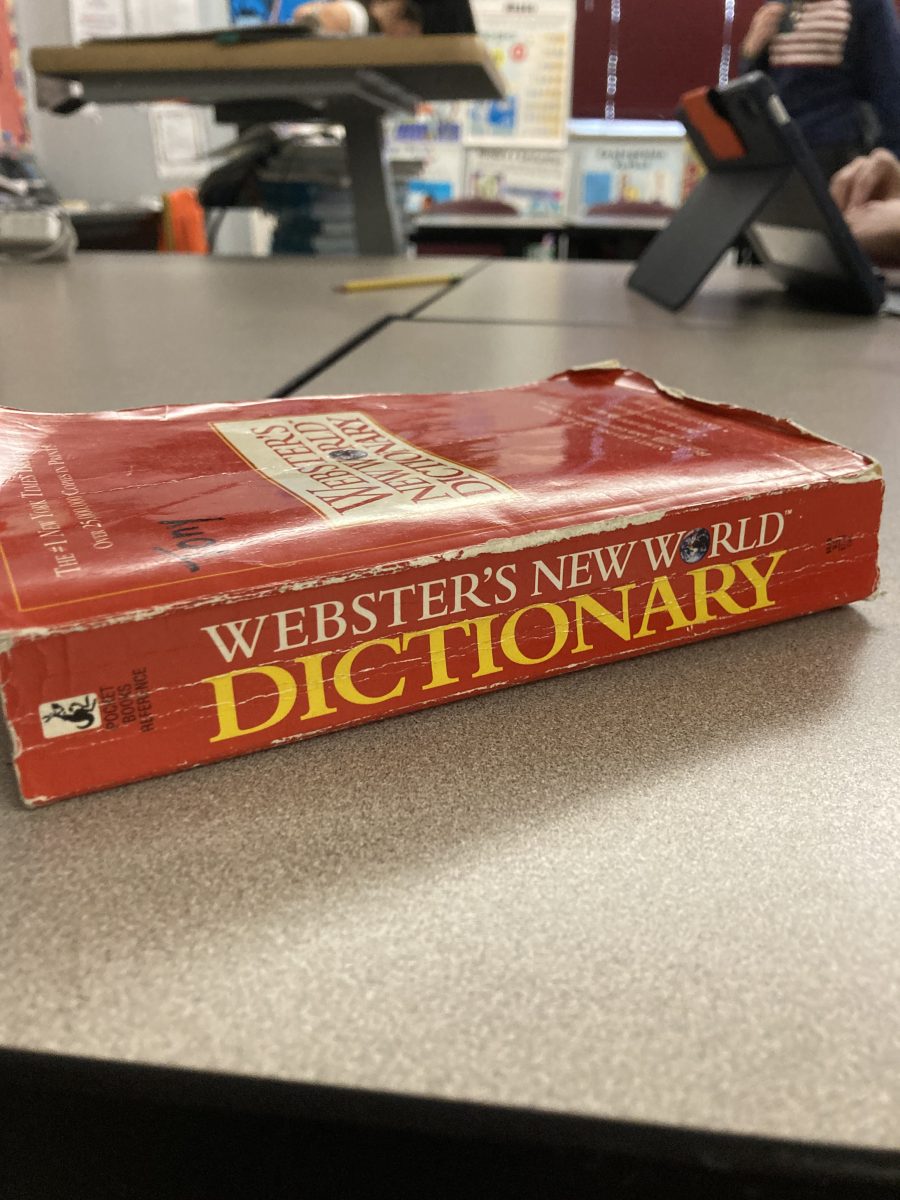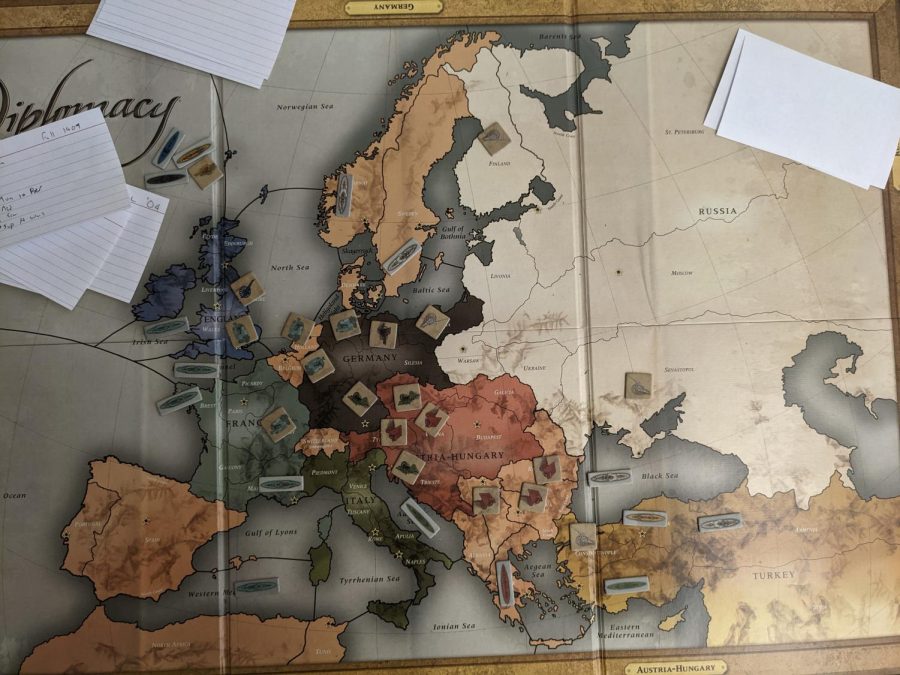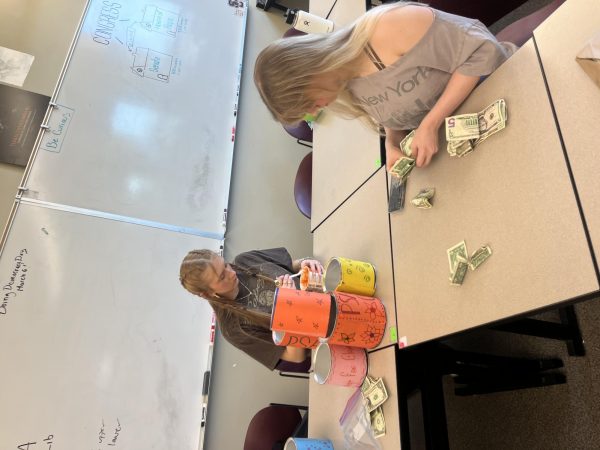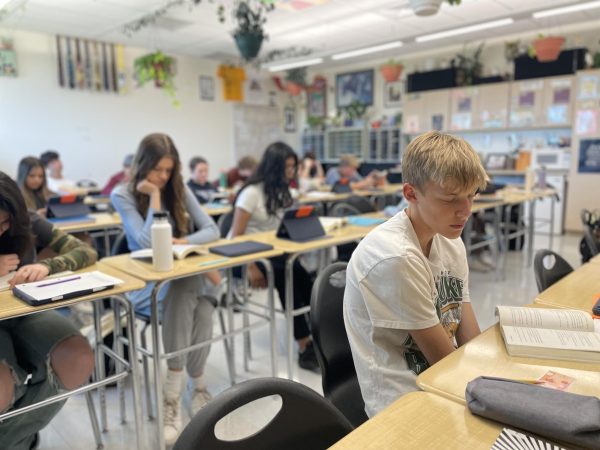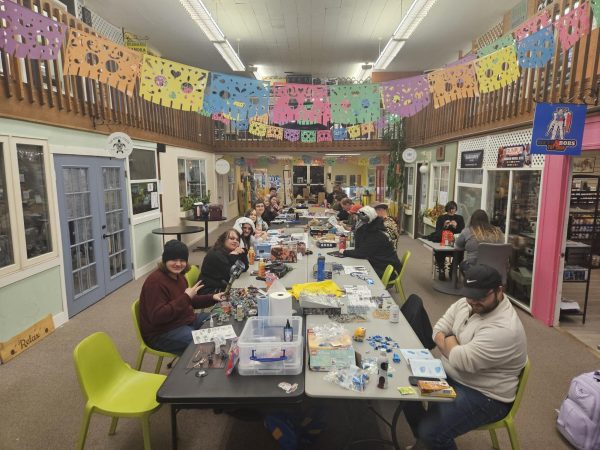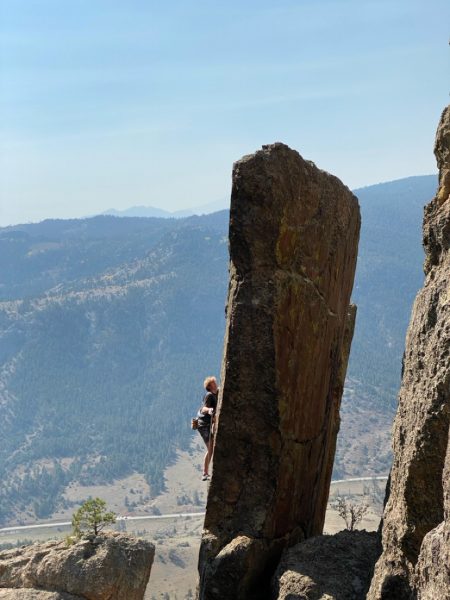Trust No One: Why You Should Play Diplomacy
Diplomacy is a real-time strategy cooperative board game. The Diplomacy Club meets every Tuesday and Thursday in D101, Mr. Booher’s room, after school to play a fun game of diplomacy. Diplomacy is played with seven players, who each representing a global power from World War 1. The player is then free to make and break alliances with other players, conquer territory, and build up an empire over the course of the game.
Diplomacy was created by Allan B. Calhamer in 1954 while studying European history and political geography at Harvard. It was first listed for commercial sale in 1958. While the original game takes place in Europe leading up to the Great War, spin off versions of the game take place in the Americas and Asia.
Players stick around at Silver Creek’s Diplomacy Club for a variety of reasons: a pleasant atmosphere, a competitive spirit, an outlet for strategy, or all of the above.
“I started playing this year because I feel like I am very good at strategy games and [stayed] because I liked the people in the club,” says Max Scherer, a member of the Diplomacy Club.
Scherer is a new diplomacy player this year, placing second in his first game of diplomacy as the Ottoman Empire, more commonly known as Turkey. He enjoys the strategy involved in diplomacy, but more than that, he likes having a fun group of people to enjoy the game with. A huge part of diplomacy is forming alliances with players, and ascertaining the plans and movements of other players. Having a great group of players makes this process all the more fun, and chaotic.
When asked about strategy, Shenandoah Waugh, the diplomacy club president answered, “My favorite strategy to play is to kind of be friendly with everyone until somebody betrays me, and then that kind of gives me some more direction, but that doesn’t always work out for me.”
Shenny, the Diplomacy Club president, also recently placed second in a highly competitive board as Russia. Strategy is a huge part of Diplomacy, and often relies on controlling the flow of information and plans, while trying to decipher the intentions of opponents. This social aspect separates Diplomacy from other strategy based games, as your strategy relies on the people around you, and predicting their movements. Diplomacy has several nuanced layers to it’s strategy. It is comparable to playing chess with six other people. While challenging, these elements of strategy provide significant layers of fun and depth to the game.
Bryon Booher, the Diplomacy Club founder, shared in an interview his favorite aspect of the game, saying, “It is fun to share the games with students… I enjoy forming relationships with students by playing the game.”
Due to the highly competitive nature of the game, the social aspect of Diplomacy can become very chaotic, very quickly. However, most players enjoy having that competitive outlet, and the satisfaction that comes with seeing an elaborate strategy play out perfectly. At the end of the day, Diplomacy is an incredibly unique board game, and incredibly fun to play with an energetic group.
People interested in joining the club are always encouraged to drop by at any meeting after school on Tuesday and Thursday. The club just started a new board for beginners, and even watching can be a great learning opportunity for those interested. For those interested in participating, a new board will likely start in the spring. Please contact Mr. Booher at [email protected] or drop by on Tuesday and Thursday after school for more information.

Daniel Mandeville is a junior taking journalism to try out different types of writing and to hopefully improve as a writer. He has never taken journalism...
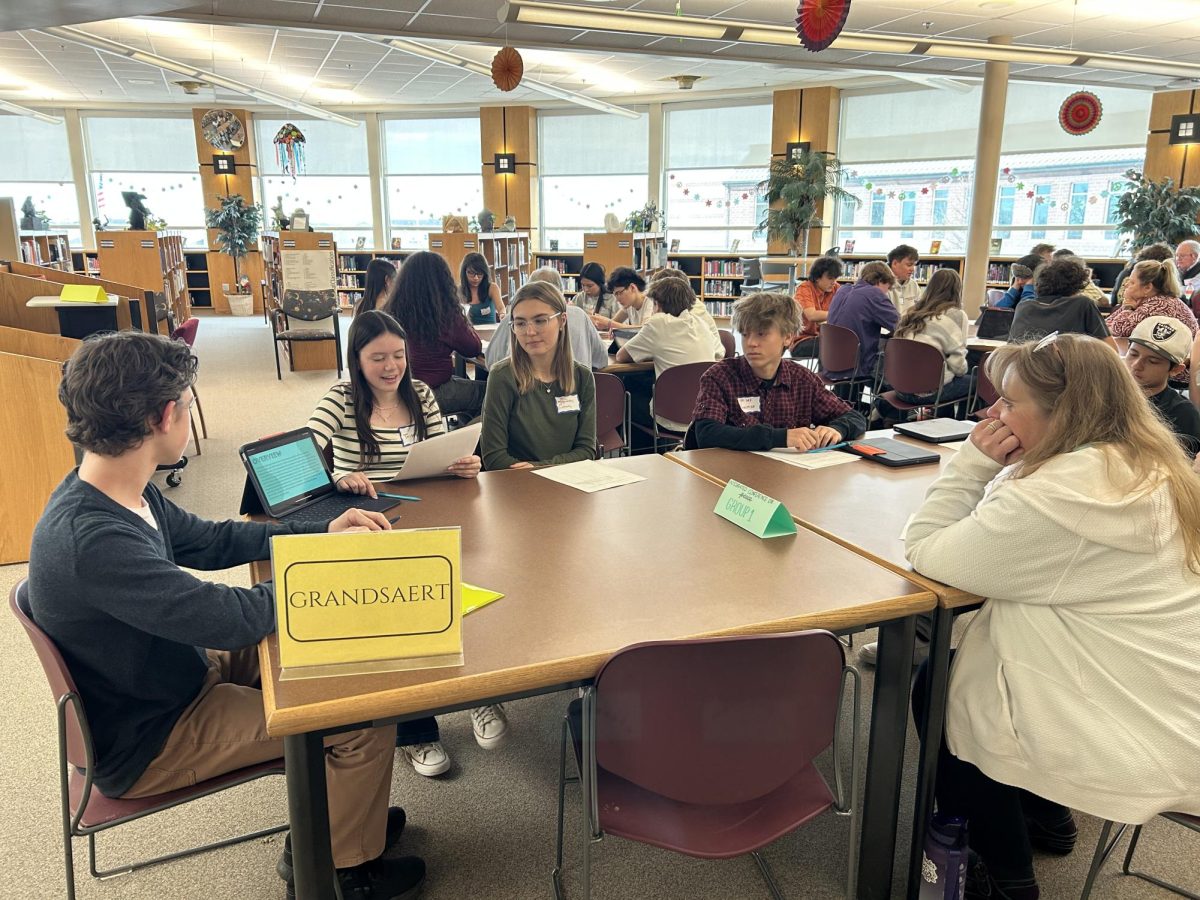

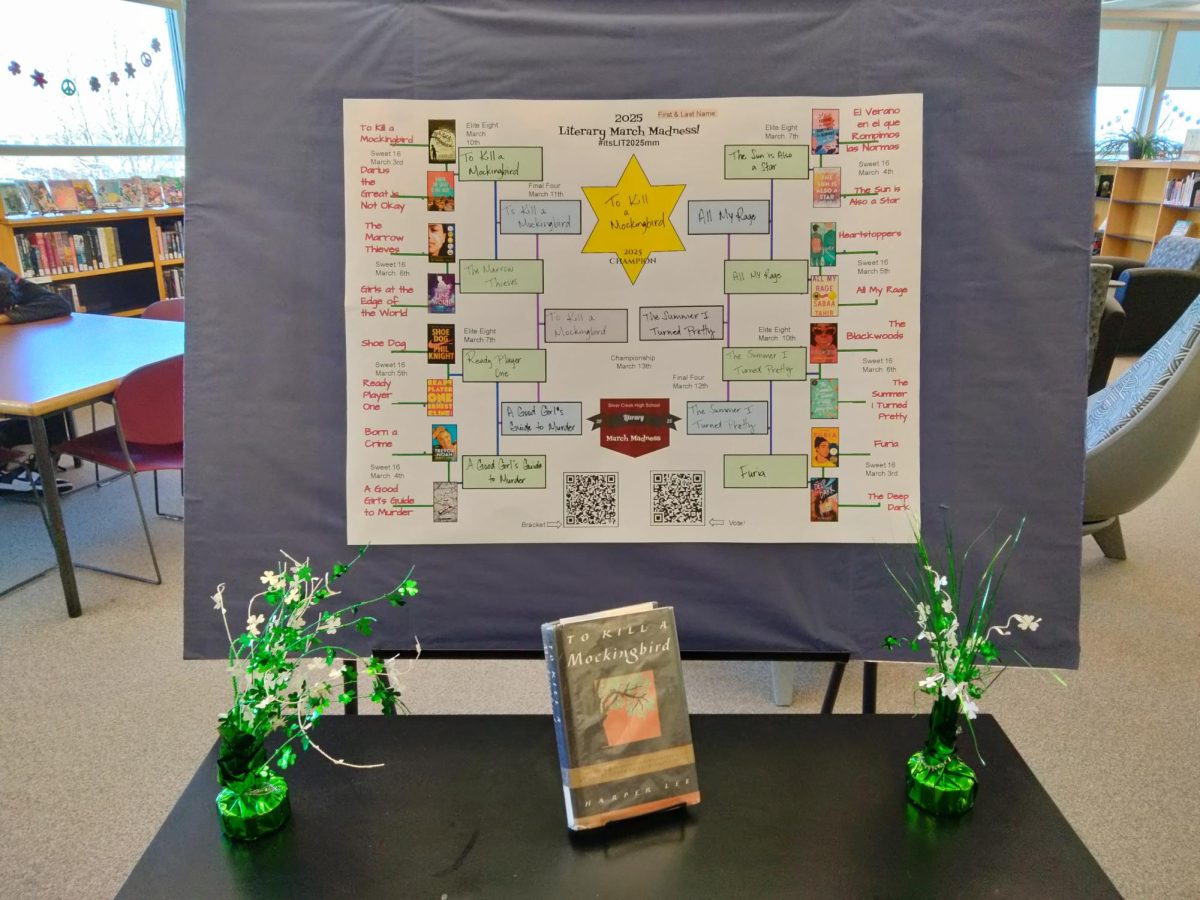
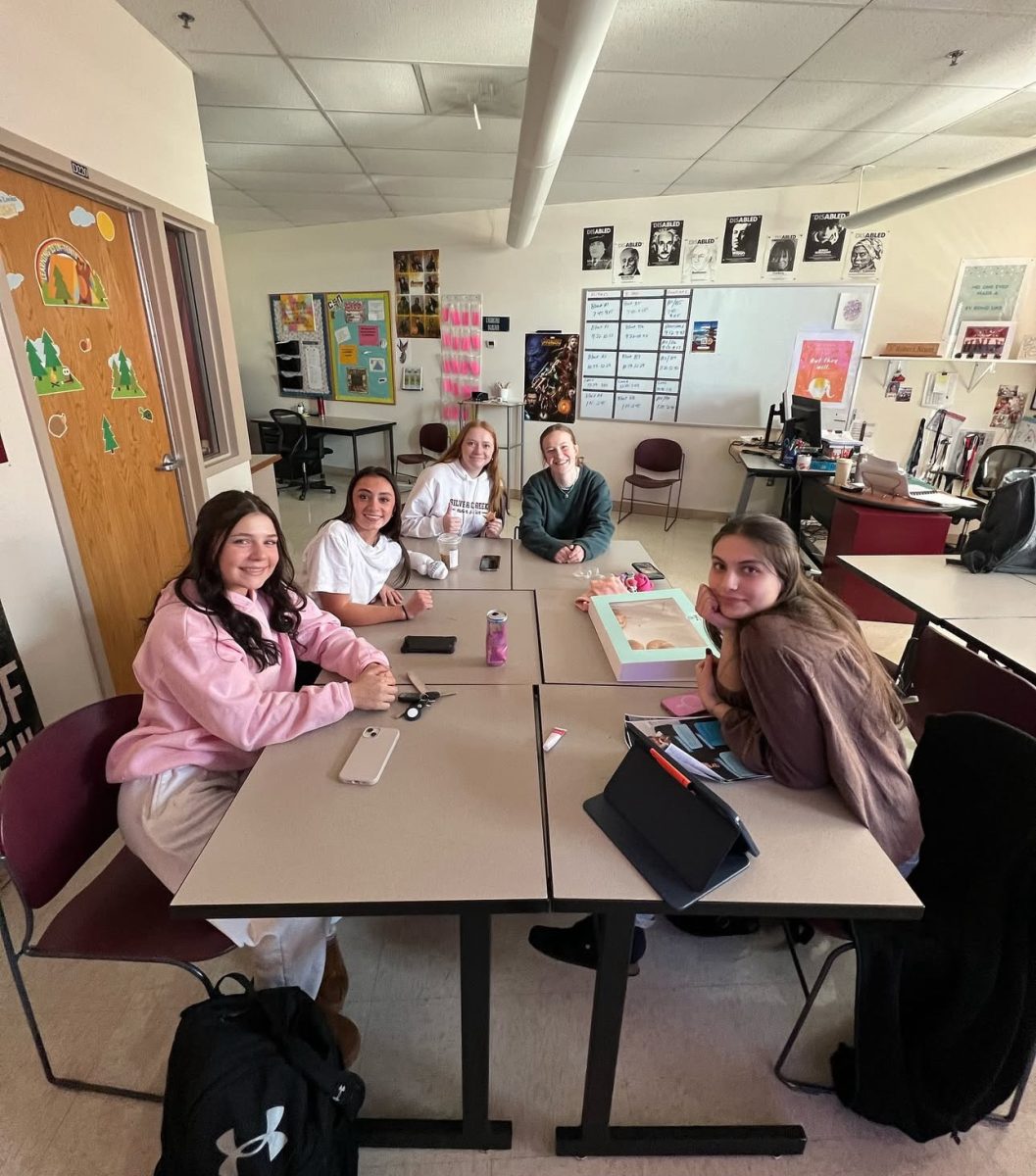
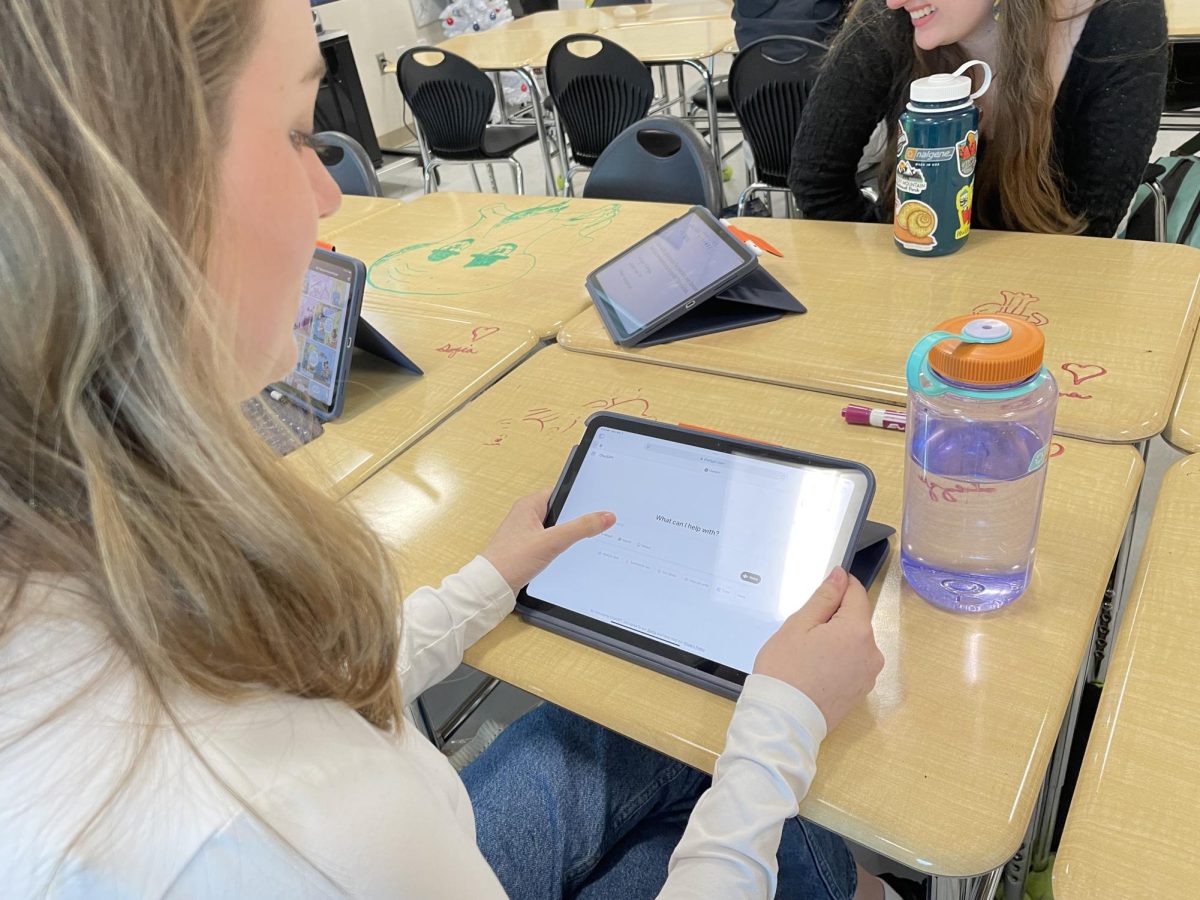


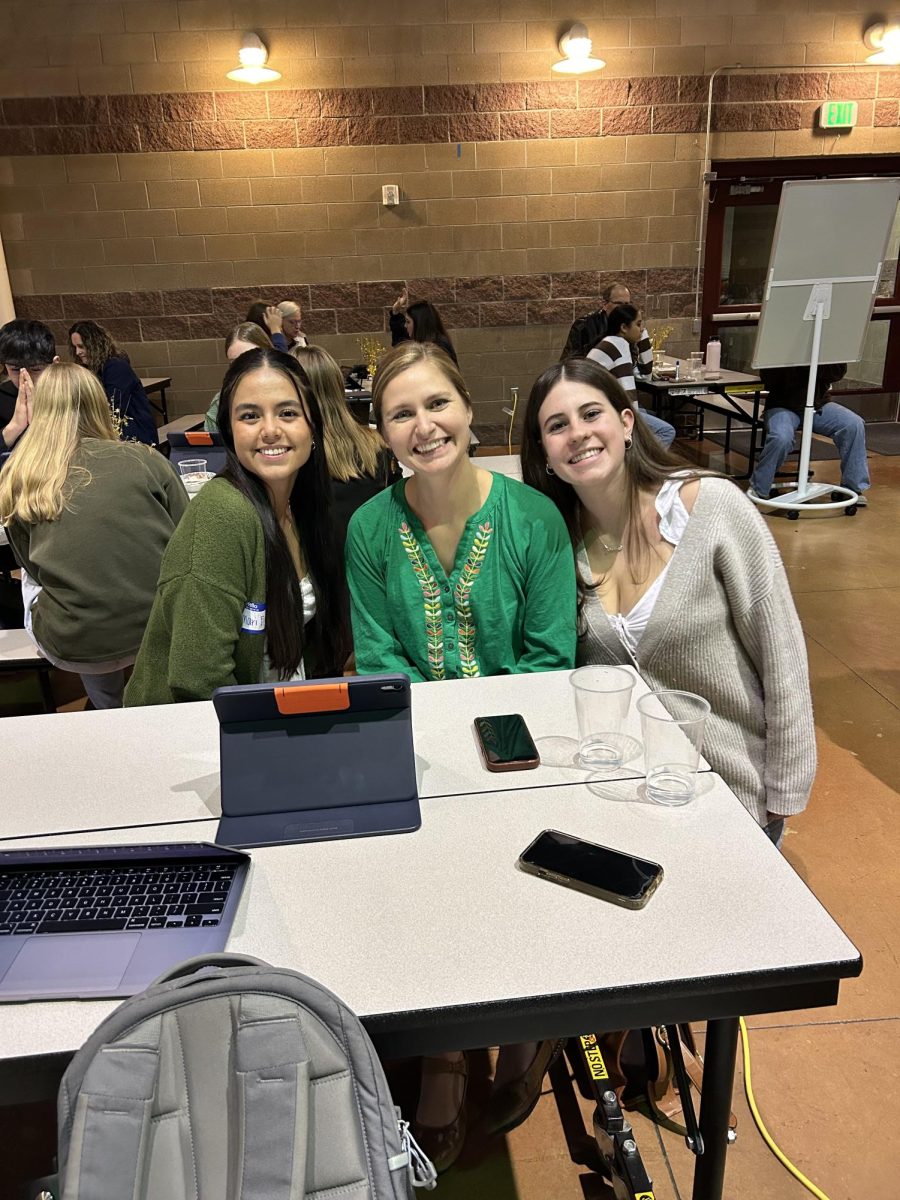
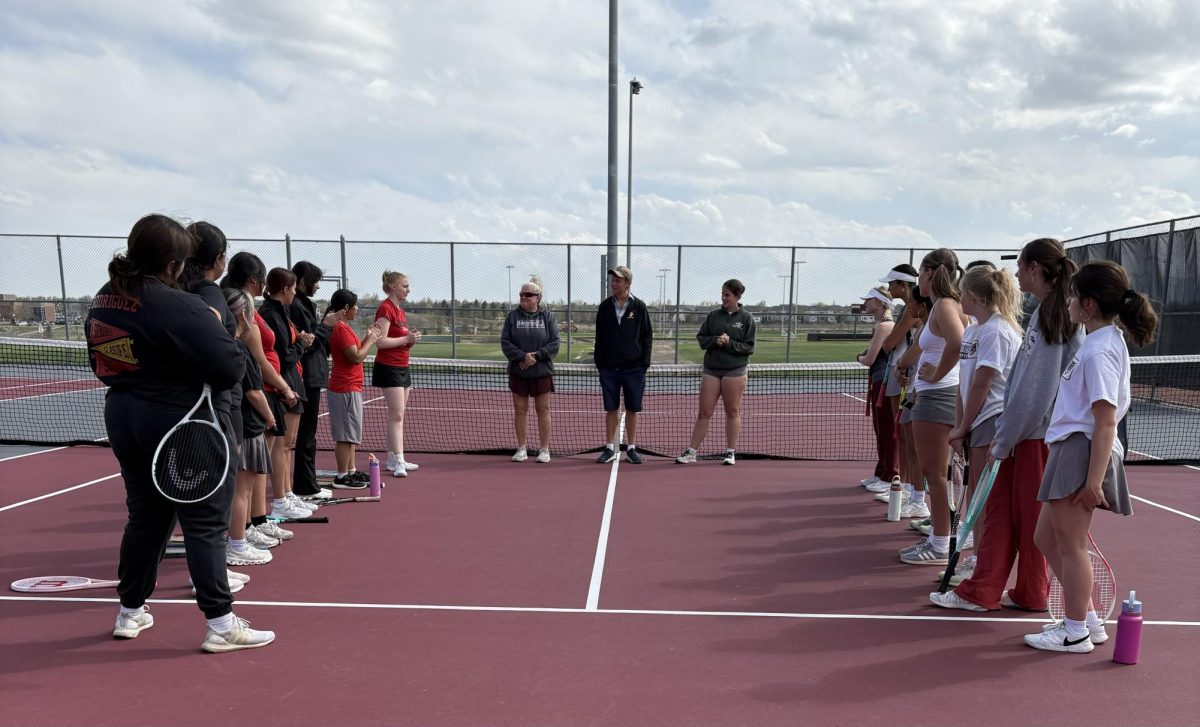

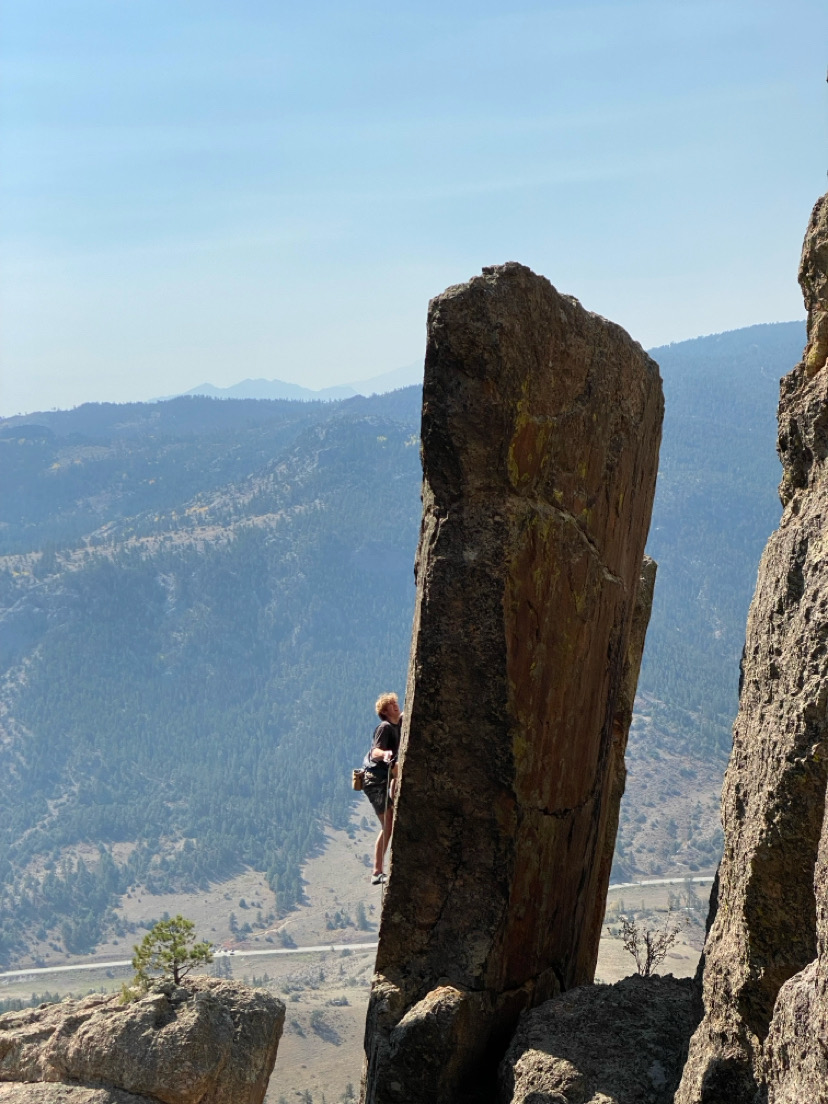



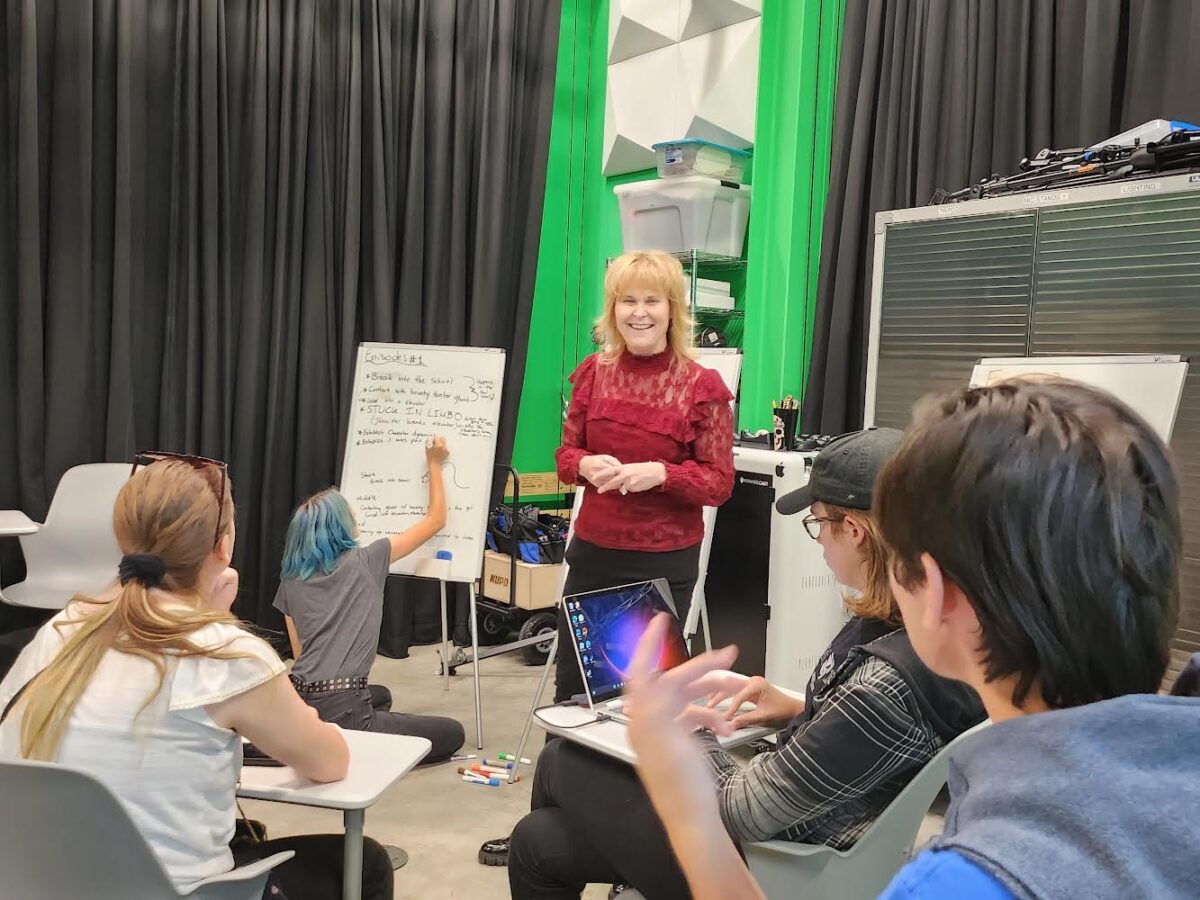


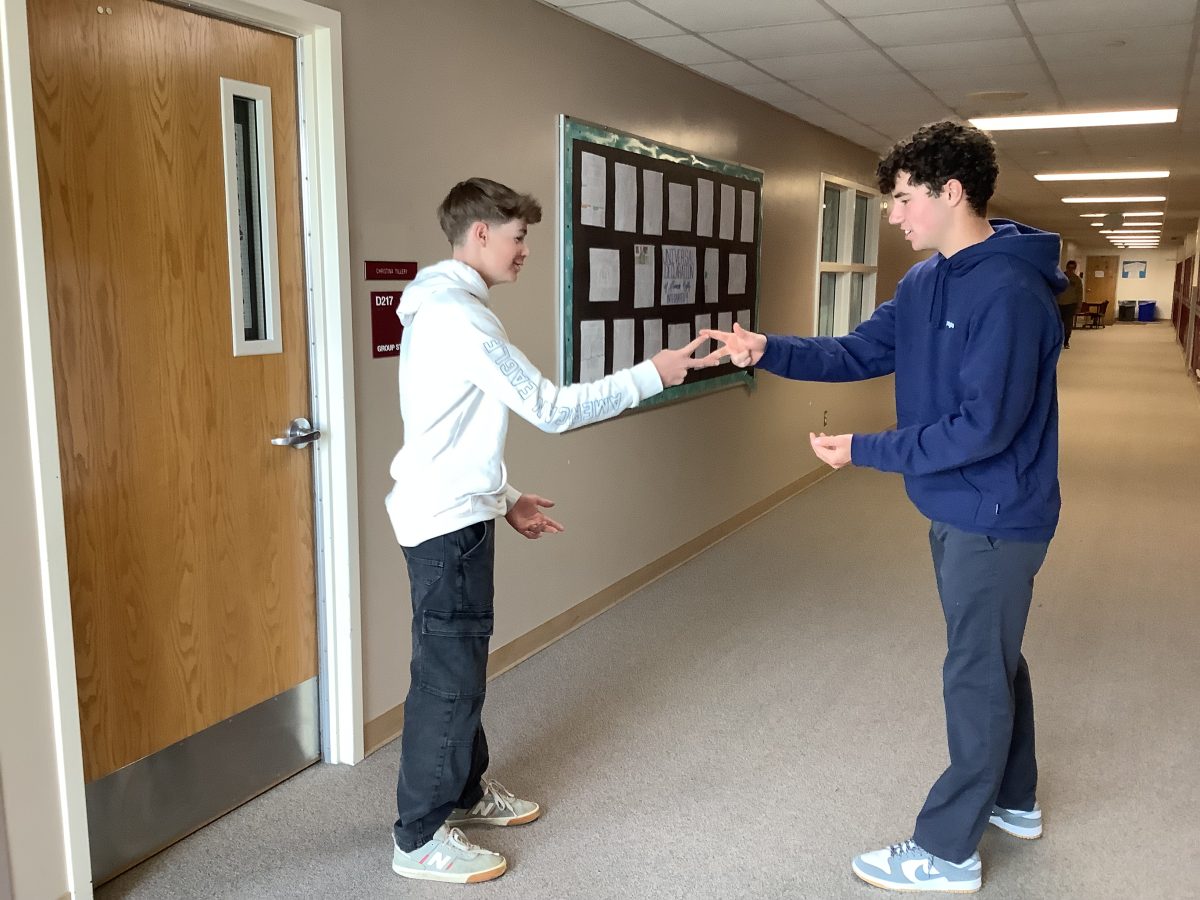

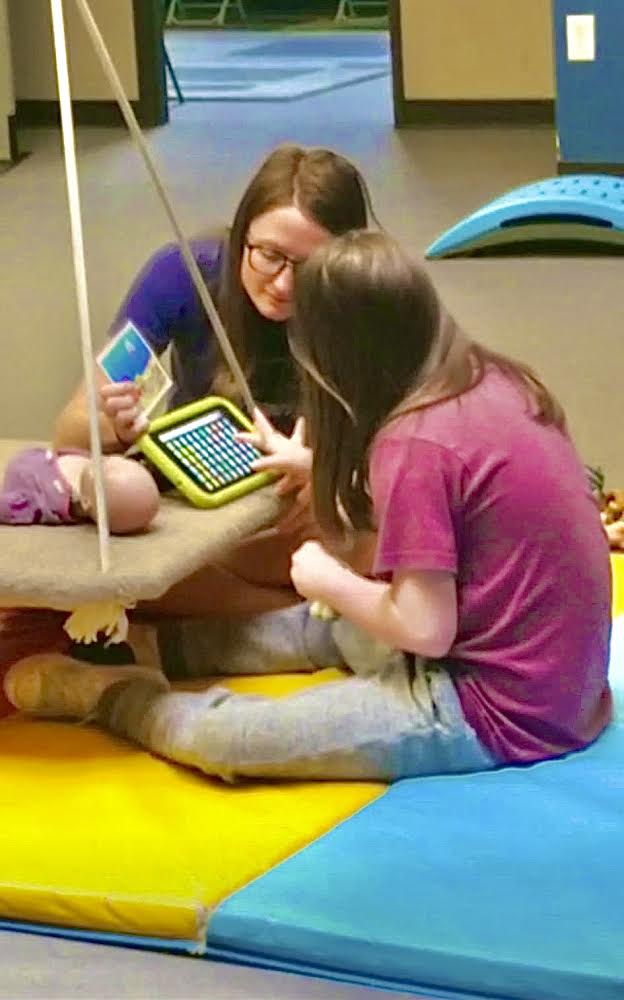
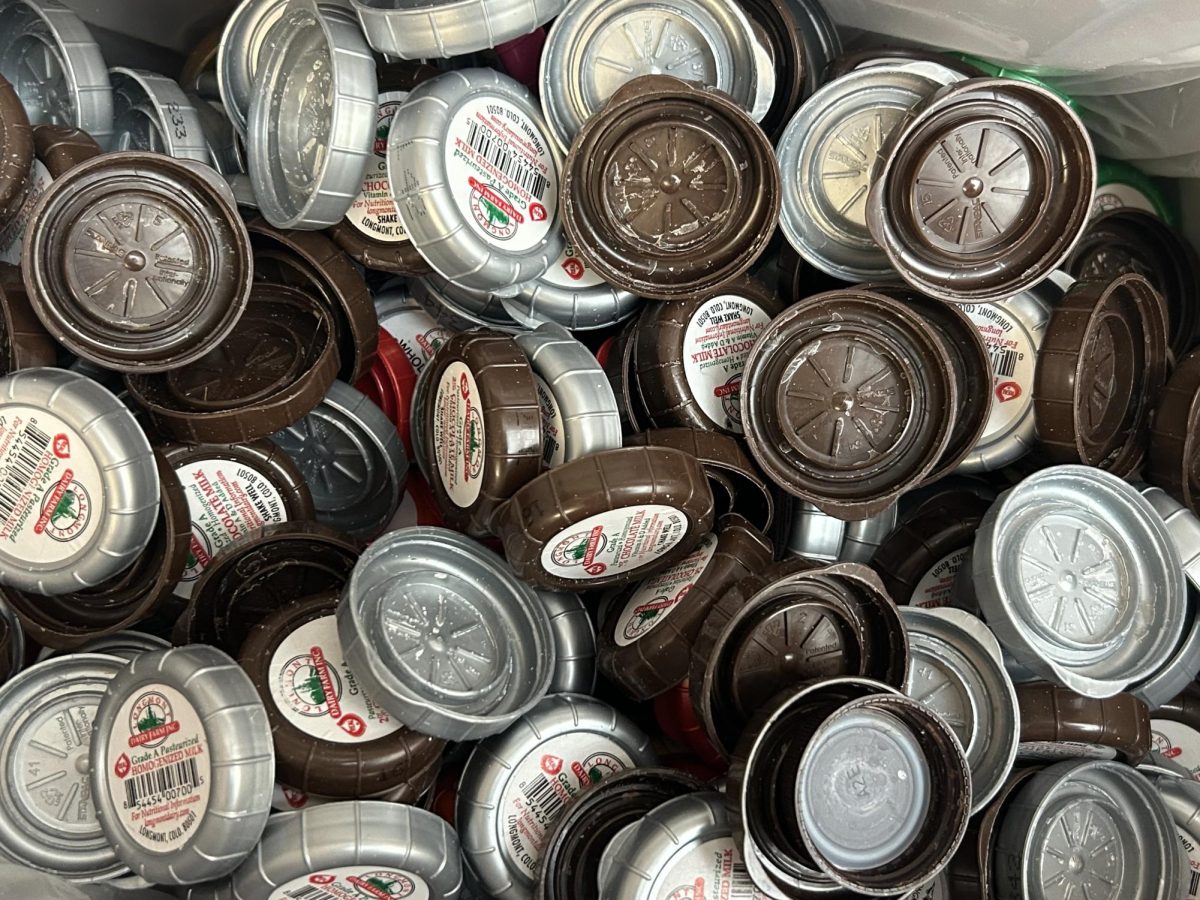

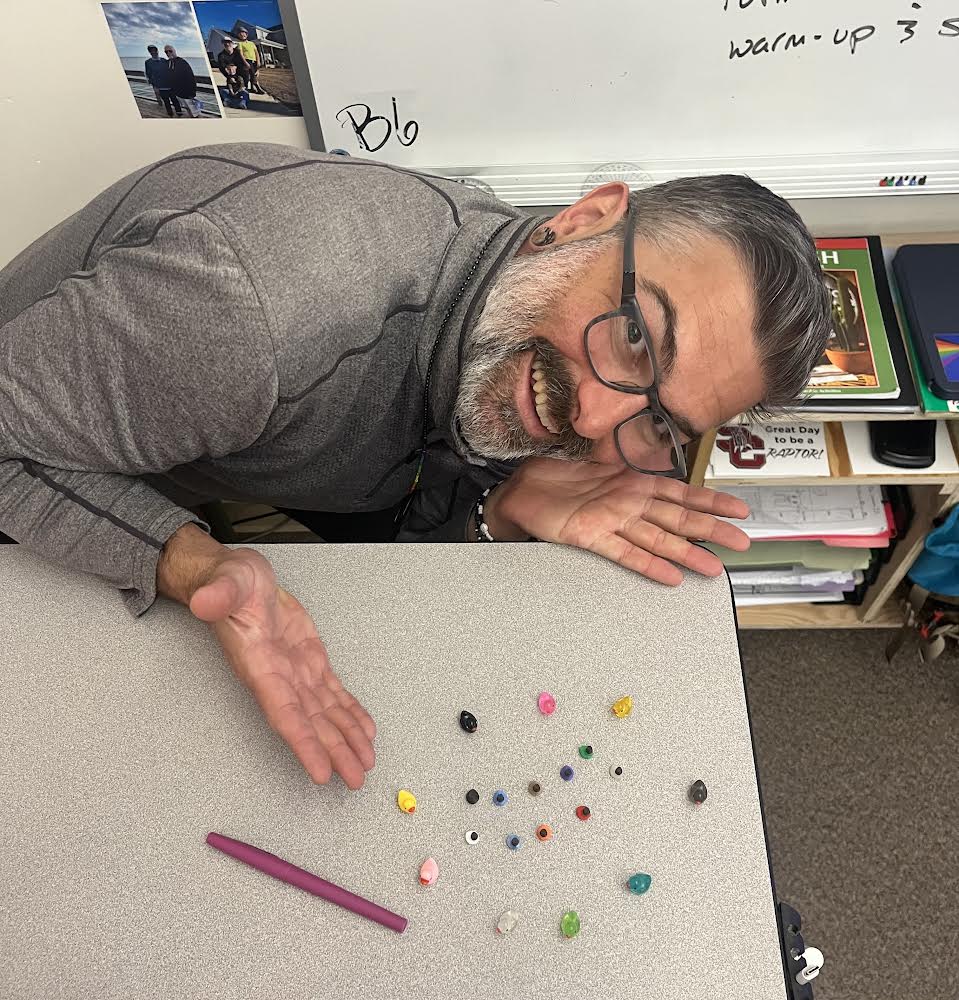




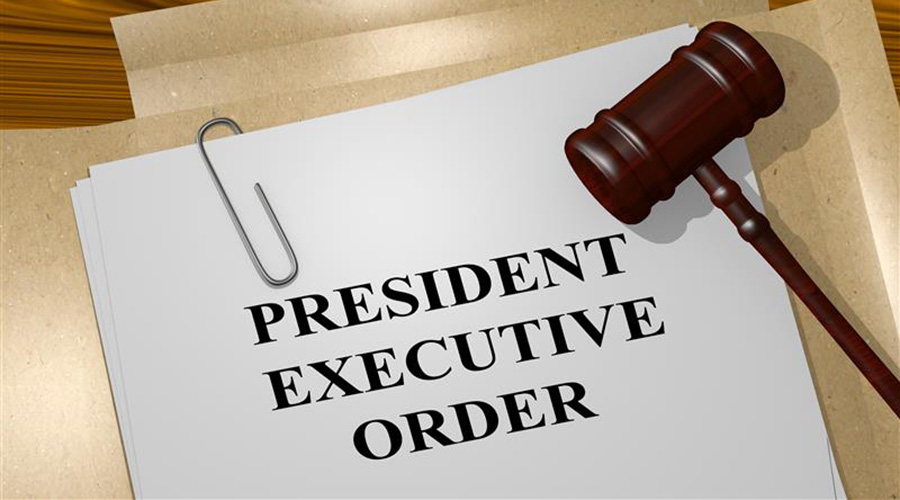



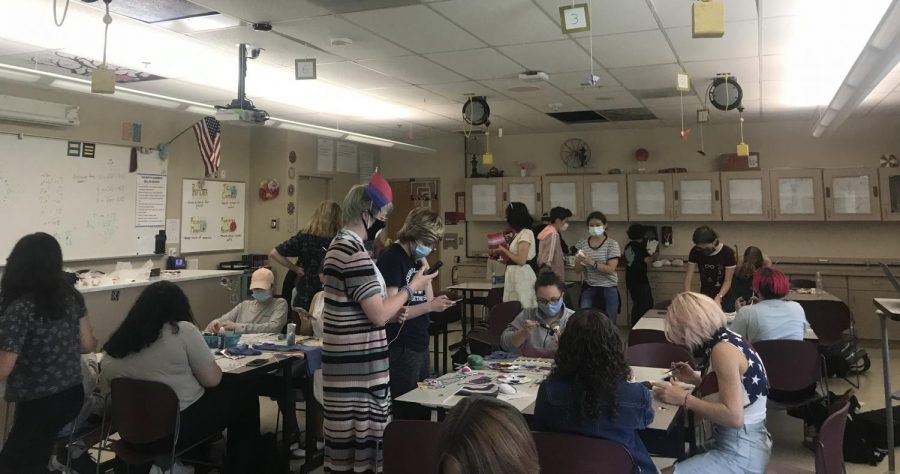

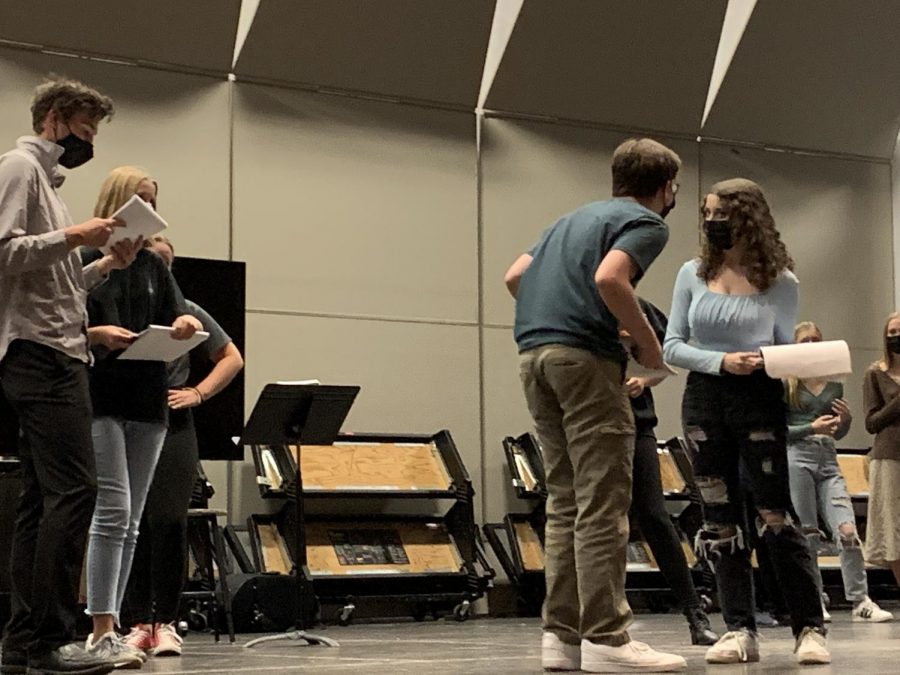





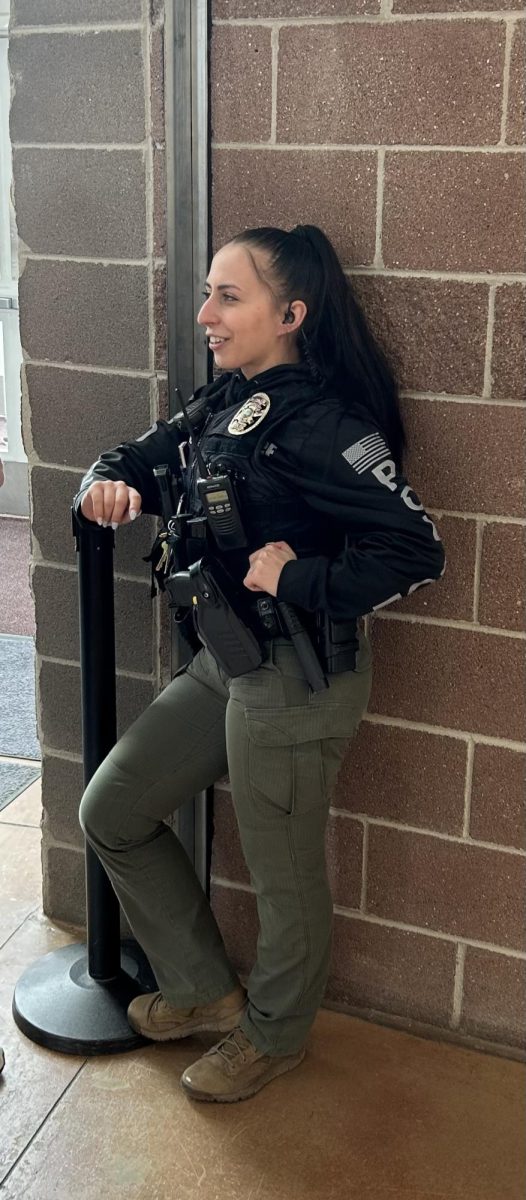

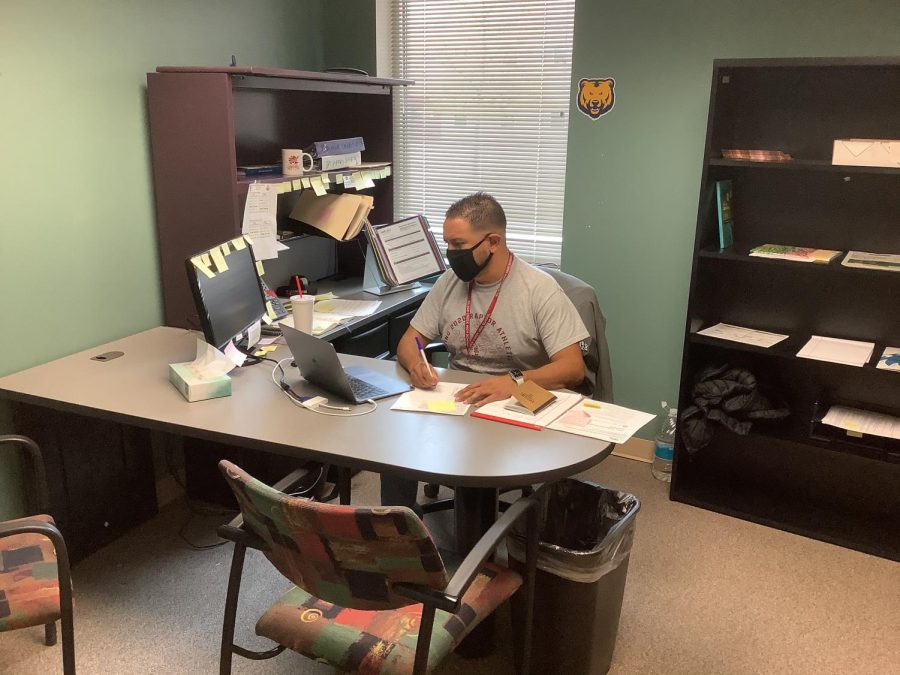
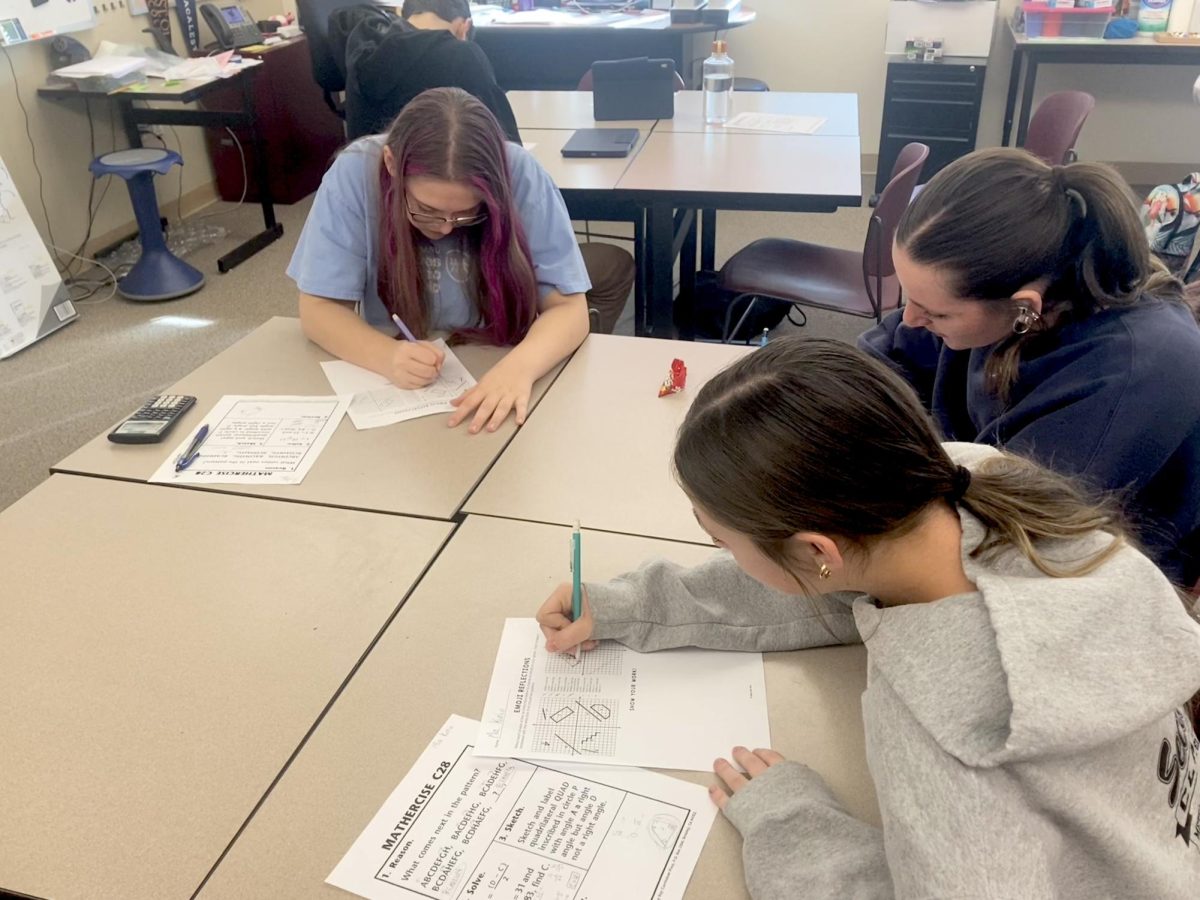
![Hosting the SCLA Casptone Mentor Dinner outside allowed for more attendees on September 27, 2021 at Silver Creek. This event would’ve usually been held inside. According to Lauren Kohn, a SCLA 12 teacher, “If we have a higher number of people, as long as we can host the event outside, then that seems to be keeping every[one] safe”.](https://schsnews.org/wp-content/uploads/2021/11/sxMAIGbSYGodZkqmrvTi5YWcJ1ssWA08ApkeMLpp-900x675.jpeg)

